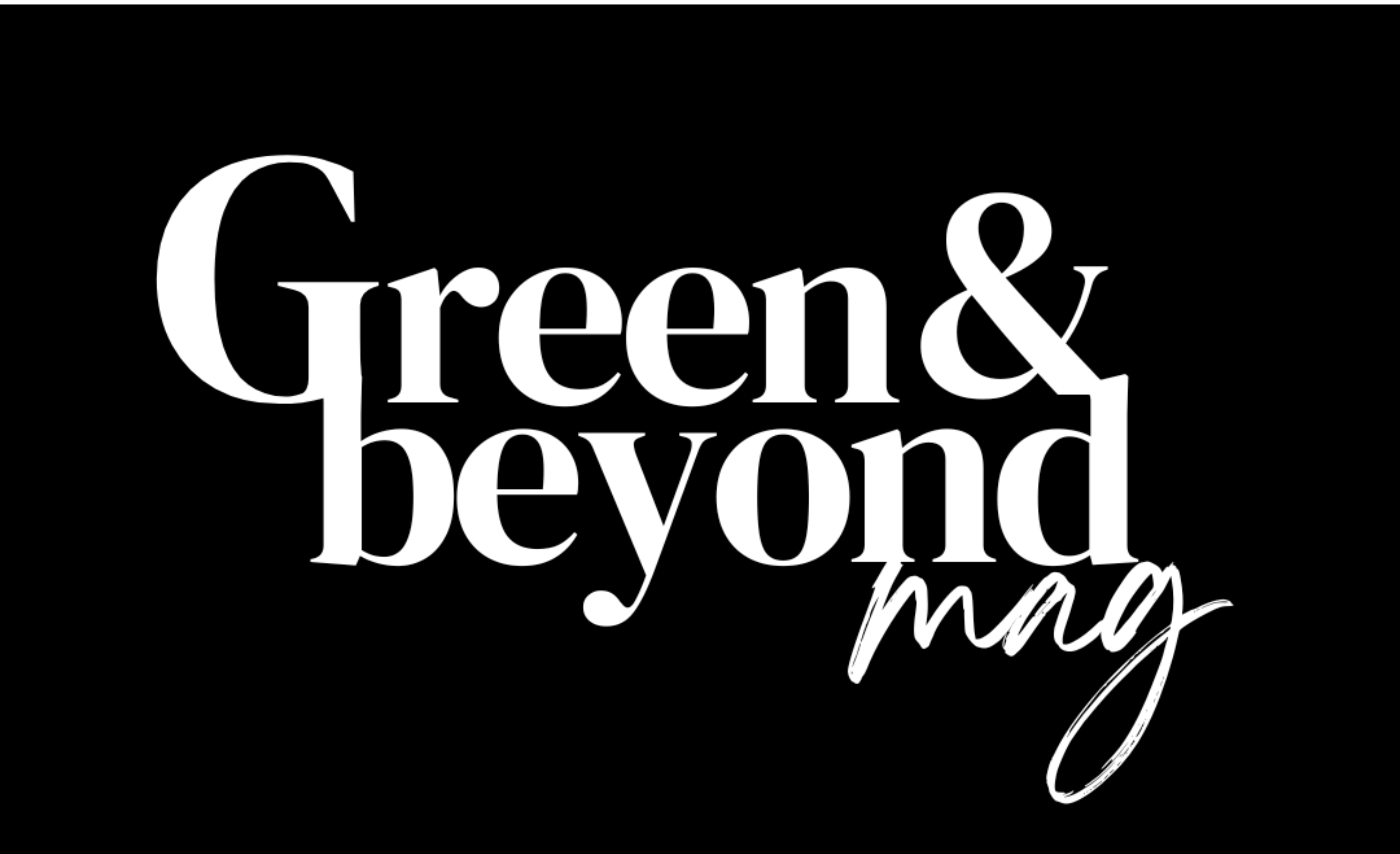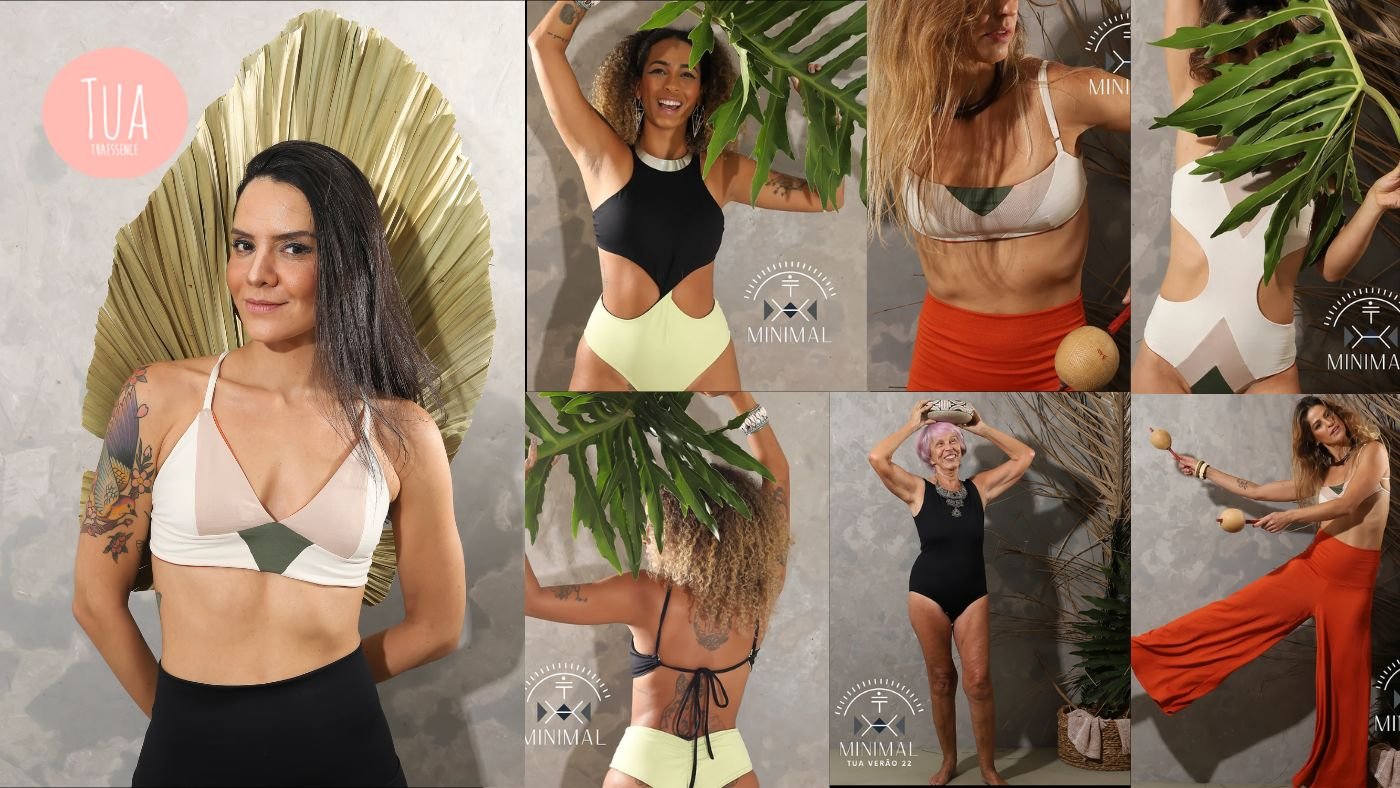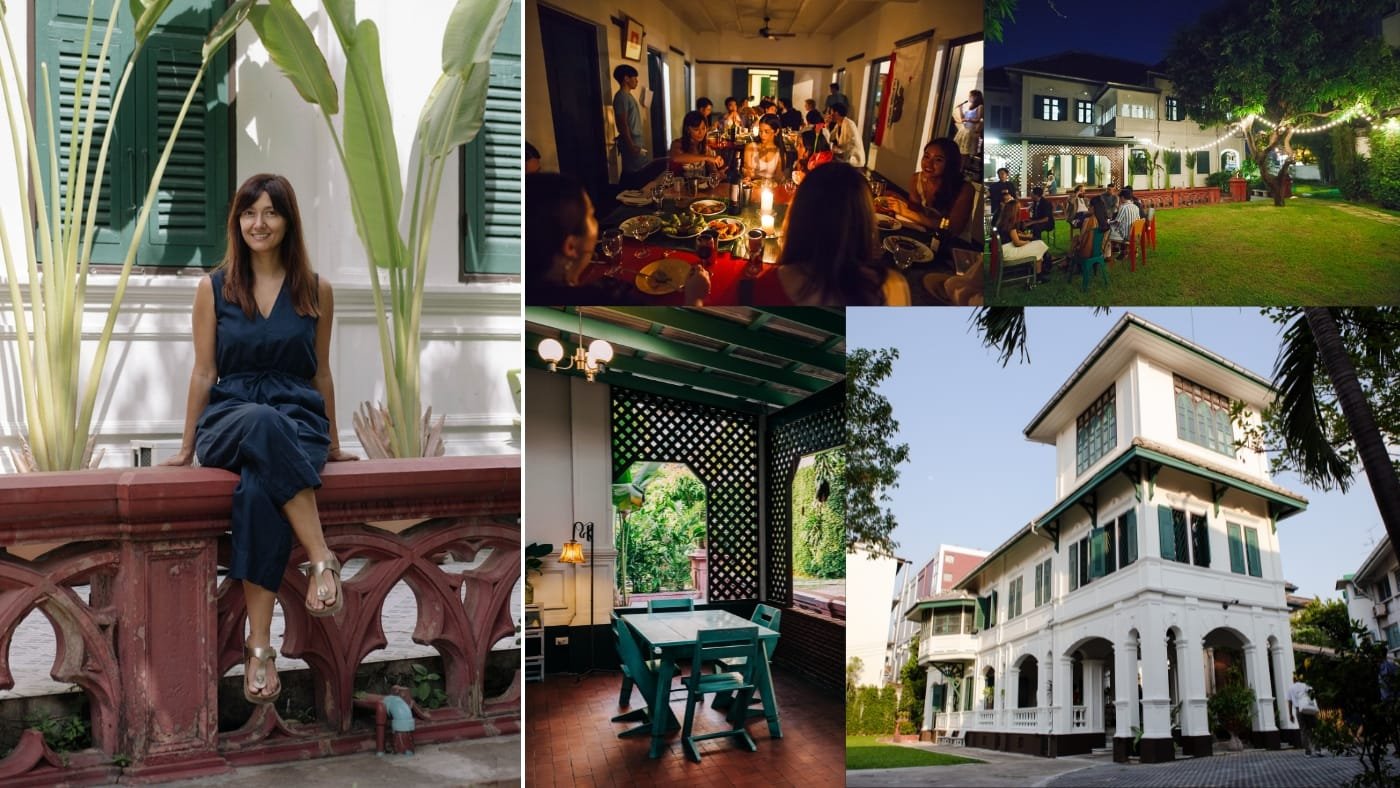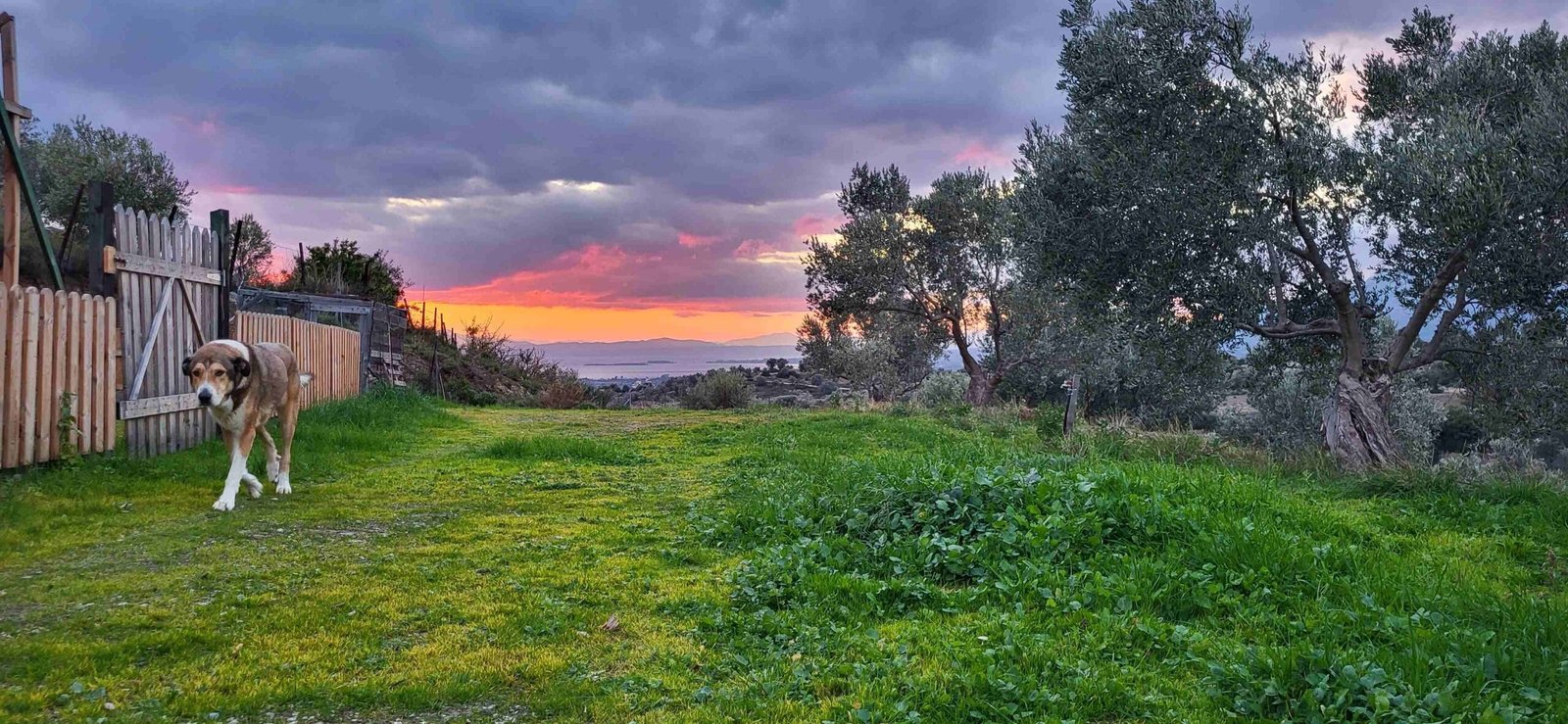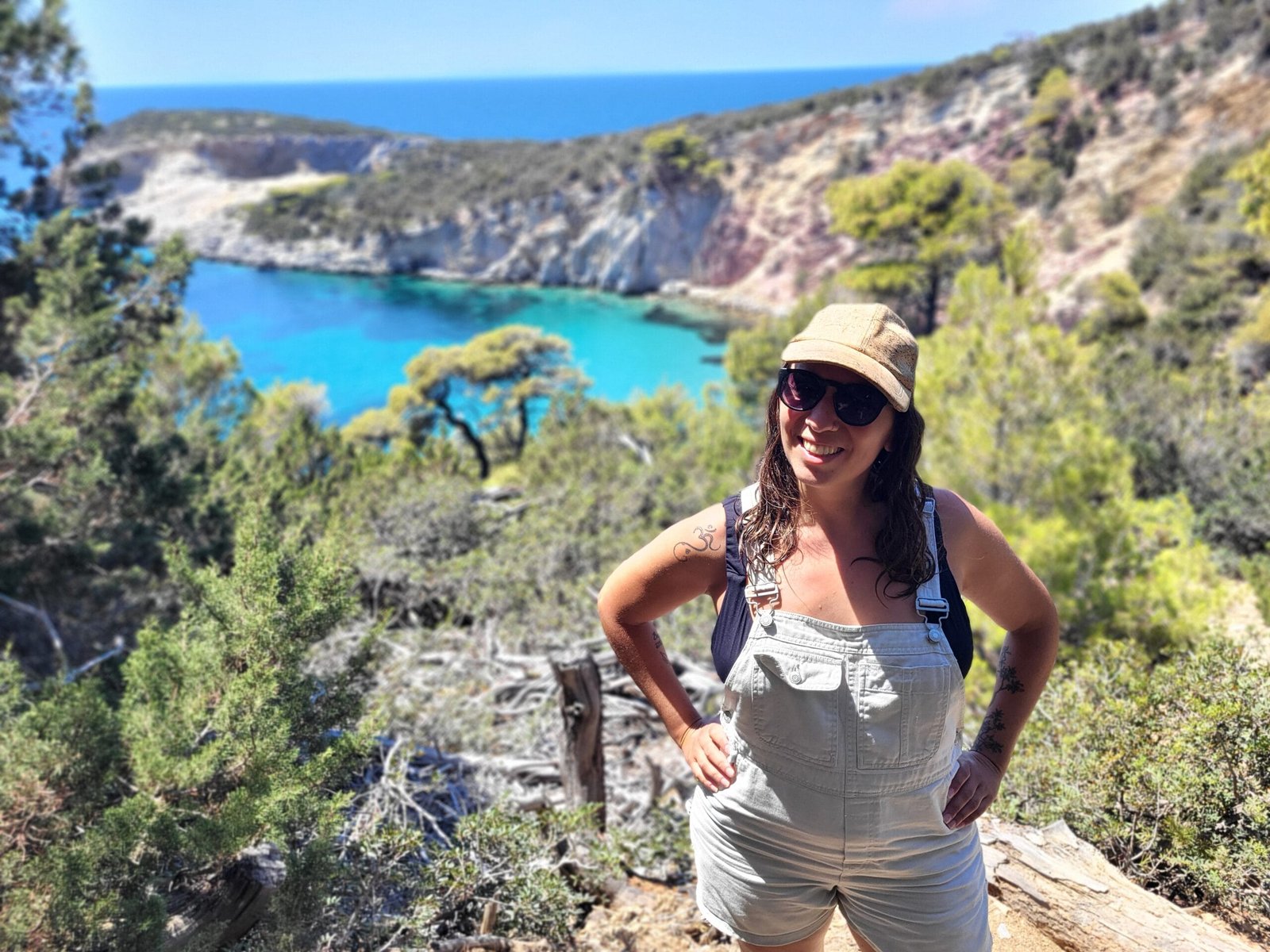In the heart of Brazil, a sustainable fashion revolution is blooming, led by the visionary founder of TUAessence, Fernanda Lopes Lima. This trailblazing brand blends ethical principles with artistic brilliance, offering a new paradigm for conscious fashion. In this exclusive interview, Fernanda shares the captivating story behind TUAessence’s inception and the inspiration behind its meaningful name.
With a background in fashion, contemporary art, and eco-social responsibility, Fernanda’s approach to ethical fashion design is deeply rooted in her personal values. TUAessence embraces slow fashion, veganism, and eco-friendly practices, using biodegradable fabrics for its one-of-a-kind collections. Through transparency and compassion, Fernanda fosters fair trade practices within the brand’s supply chain, building genuine relationships with everyone involved in the creation process.
As a climate activist, Fernanda emphasizes the role of education in reshaping the fashion industry’s impact on the planet. With a strong commitment to environmental preservation and social consciousness, she extends her mission beyond fashion through fundraising campaigns, supporting indigenous communities, and protecting flora and fauna in Brazil.
Join us on this enlightening journey as Fernanda Lopes Lima invites us all to embrace mindful choices and co-create a future where sustainable fashion reigns supreme.
Can you share the story behind the formation of TUAessence and the inspiration behind its name?
TUAessence was born in 2015 on a life-changing trip I took to Costa Rica with 7 other friends. I fell in love with it and couldn’t leave. TUA was the vehicle and catalyzer created so I could move there. On the trip, I met Ju, my ex-business partner and dear friend. I have always worked with fashion; she worked in the pharmaceutical sector, also fell in love with the little fishing village by the Pacific, and agreed to join me in this adventure.
TUA’s name is a funny story! Ju and I didn’t know how to name it at first. We brainstormed with friends over wine sessions, writing all possible names on the white kitchen tiles with washable markers. Until one day Renata, a great friend of mine who was studying numerology, came up with a name that had the energy of the number 6 (we had that very much in mind at the time) and meant Transformation, Union, and Amor (Love). Bingo! TUA! Transformation, Union, and Amor lived in the essence: TUAessence!
How did your educational background in fashion, contemporary art, and eco-social responsibility shape your approach to ethical fashion design?
Each one of these paths helped me somehow. Fashion has brought me technical, technological, and empirical knowledge, as well as experience. The arts have always shaped and guided the way I see the world: through colors and textures. Beauty is everywhere and it moves me. As for the eco-social aspect, it was very much present my entire life, living and growing up amongst/experiencing such a profuse culture and passionate people in a country like Brazil: wild, raw, varied, intense, and mesmerizing. But the greatest was to be lucky enough to grow up with grandmothers who were both seamstresses very committed to love. This gave me awareness, basic notions of limits, keeping it real, and mostly of gratitude to honor and respect my ancestors and nature.
How do you find inspiration for your designs and incorporate your personal values and beliefs into your creative process?
These two are linked, and I believe, inseparable. My personal beliefs and values are the lenses through which I see inspiration. I can only feel passionate, motivated, and inspired by something that deeply touches me. That will necessarily be linked to something very deep within me, shaped by my core values, experiences, and memories. My creative processes and the themes I choose for the projects and collections are always linked to something I’m in love with.
As a climate activist, how do you incorporate environmental and social awareness into your design process and brand philosophy?
TUA is a slow fashion, vegan, eco, and fair trade beachwear brand ethically made in Brazil with biodegradable fabrics. All suits are double-sided (reversible). The prints are made with non-polluting water-based pigment, exclusively developed in partnership with visual artists. We produce in small quantities and only one collection per year, optimizing the use of fabrics and reducing textile waste. Any scraps are reused in the production of other handicrafts or destined for charities that use them for the same purpose. Our packaging and labels also follow our conduct of respect for the environment; we do not use plastic.
How do you ensure fair trade practices within the supply chain of TUAessence, and what steps do you take to support the workers involved in the production process?
I know personally every single person who collaborates with me. I meet them, shake their hands, look them in the eyes, know about their lives, and share about mine too. I see where and how they work. We co-create. Every single TUA suit may have been initially thought of and designed by me, but it has in it a little bit of every single brain, heart, and hand that helped me think, shape, give form, and bring that suit to life. We establish a give&take balanced relationship based on trust and affection. Everything I do, I do with love. If I’m not emotionally involved and driven, I can’t create beauty in the world.
Could you elaborate on your experience with textile technology research and the development of collections using biodegradable and organic fabrics?
I have always worked for other brands until I founded TUA. I had never really thought much of the fabrics used, even though I was already involved with textile technology, natural dyeing, etc. But then I moved to Costa Rica, to live in the middle of the jungle, and my entire perspective changed in regards to nature, my personal relationship/impact on this planet, and how disconnected humanity got from it. I’ve always enjoyed studying, and having an academic background helped me with more profound research. I had to dig deeper to learn more and find the truth about the fashion industry at a time very few people were starting to really talk about it, never mind doing it. It just stopped making sense to work with polyester, for example. I also learned how to better identify greenwashing and empty/fake sustainability used simply as marketing and shallow propaganda, and that was the basis for all of my choices within TUA.
Could you share any specific challenges you have encountered while promoting sustainability and ethical practices in the fashion industry, and how have you overcome them?
I don’t know if I’ve overcome them. They’re here, on a daily basis. For example, the customers who tell me there’s a fast fashion brand that has a somewhat similar piece of clothing and it costs ⅓ the price… Or the salespeople who represent the textile companies and try to sell us really bad quality recycled plastic disguised as some brand new technology and solution… Or “sustainable” cotton made with tons of pesticide and/or slavery labor. It’s challenging because we, those truly committed to making the real deal “conscious fashion,” don’t work solely with the production of fair trade biodegradable goods. We work with education. We inform, create, and shape new consumption consciousness and habits. This takes time.
In your opinion, what are the key changes that need to happen within the fashion industry as a whole to move towards a more sustainable and responsible future?
We need transparency. We need companies to tell the truth, and we need buyers to know exactly what they’re buying, what they’re paying for, and what they’re sponsoring, strengthening, and encouraging. Like the Fashion Revolution campaign says: “When people know, they care!”.
Could you share some examples of your fundraising campaigns for the protection of fauna, flora, and indigenous communities in Brazil?
- “Sustentabilidade no Dia a Dia” (Daily Sustainability) lecture about more sustainable choices and habits, with specialist guests to raise donations for flood victims;
- “Semana Verde” (Green Week) 35% OFF with 5% of sales to Instituto Nawá of Studies and Preservation of Brazilian Indigenous Cultures;
- “AcroYoga Beneficente” (fundraising AcroYoga) to raise donations for Instituto Nawá of Studies and Preservation of Brazilian Indigenous Cultures.
Can you talk about any collaborations or partnerships that TUAessence has undertaken to further its mission of sustainability and responsible production?
I have always partnered up with local artisans, artists, small businesses and shops, as well as NGOs to create events, collections, and projects since I was in university. My graduation project was very special and dear to me. In 2007, I developed costumes for the kids of Instituto Kairós’ music class with upcycled materials back when the term “Upcycling” didn’t exist yet. The clothes were made from old curtains and upholstery, and the sandals were made of bean sacks with old tires as soles.
How do you see the role of fashion evolving in the fight against climate change and the transition to a more sustainable and regenerative economy?
I can only see this through education. We have got to raise our collective awareness and engagement on what we buy, because in a capitalist world, every single time you choose to spend a single cent on something, you’re giving it a vote. You’re amplifying that product/company/idea/concept’s voice.
What advice would you give to aspiring ethical fashion designers who want to make a positive impact in the industry?
BE CURIOUS! Go live with the entire production chain. Get close and familiar with every single step. Learn where the raw materials/fabrics you want to use come from, how and where they were made. By whom? What’s the composition? Choose wisely the production processes (fibers, dyeing, printing, pigments), and especially the people who will be collaborating with you and establish real relationships with them. They aren’t numbers; they are lives, and the creative process is about CO-creation. To create is to relate. There’s no lush, healthy creative process without relationships. Go relate and live the whole process, from the supply chain to the final customer.
What is your favorite Brazilian food? Does climate change have any impact on it?
My favorite Brazilian food is Feijoada (black bean stew usually made with pork – even though I take the VG version as I don’t eat meat – rice, kale, and orange). Climate change, as well as production and consumption habits, have a direct impact on it. First of all, the animal farming industry and the spread of meat consumption drive farmers to destroy native forests to make pasture. Alongside animal farming, the plantations of transgenic soy, corn, and wheat to feed these animals cause the impoverishment of grain diversity in Brazil. Rice and beans are the basic meal in every Brazilian plate but, due to monoculture, Brazil has been importing rice and beans for over 10 years now. Instead of using our super-rich soil wisely to produce a great variety of food that will actually feed our people and animals, we’ve been enslaved by the monoculture industrial farming that deforests The Amazon to basically grow GMOs and abuse cattle for export.
How do you define success?
This is a tricky one… Success is to go to sleep and wake up with satisfaction and gratitude. Success is to live a healthy meaningful life surrounded by nature, animals, and people I love. Success is to have the freedom to come and go, establishing bonds of love and not domain. To leave planted trees, clean air, and freshwater, as well as a regenerated abundant planet filled with life and possibilities (like I found), to the ones to come yet.
How do you envision your future?
I have no clue (LOL). I hope I get to be in the middle of the woods or in the jungle, once again. Preferably by a pristine beach, with clean water, and fresh air, surrounded by nature, animals, and people I love.
What’s your mantra for life?
LOKAH SAMASTAH SUKHINO BHAVANTU (May all beings everywhere be happy and free. May all my thoughts and actions contribute to that.)
Learn more about Fernanda Lopes Lima and her work at TUAessence.
This is part of a series where Green & Beyond explores the stories and takes a peek at the lifestyles of incredible people like green entrepreneurs, innovators, climate advocates, activists, community leaders, and content creators, all around the world, who love the planet and are working tirelessly to make the world a better place.
